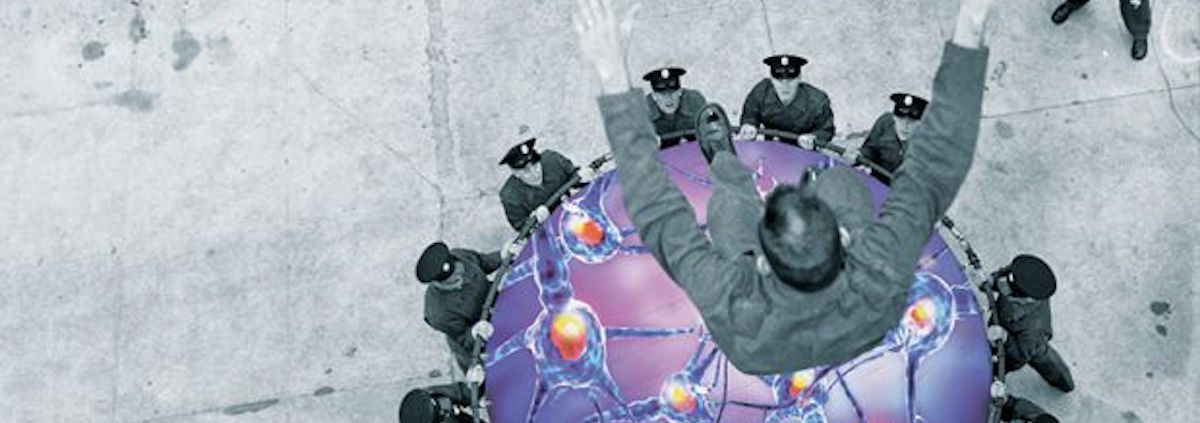In a post-truth era, five academics consider strategies in The Times Higher Education, from inviting laypeople into the laboratory to open vivas, to improve trust in experts. Here we reproduce the ideas of Julio Gimenez, head of the Westminster Professional Language Centre, Guy Waddell, a lecturer in life sciences and Doug Specht, a research associate at CAMRI. They are all members of the STEAM Research Group, which investigates the communication of new knowledge in science, technology, engineering, arts and maths. The other ideas can be found in the full version of this article on the THE website.
‘Trust is likely to be closely connected to, if not a direct consequence of, how scientists communicate with the public’
Whatever former UK education secretary Michael Gove might say, the UK public appears to be as enthusiastic about science as ever. According to Ipsos Mori’s 2014 Public Attitudes to Science survey, nine in 10 people think that scientists and engineers make a valuable contribution to society. However, the survey also showed that more than one-third think that scientists adjust their findings to get the answers they want, and three in 10 think that scientists never, or rarely, have their research checked by other scientists before publication.
Our research shows that public trust in science is paramount for keeping science motivated as a profession, avoiding government cuts to funding and attracting overseas investment. Moreover, we have found that trust is likely to be closely connected to, if not a direct consequence of, how scientists communicate with the public. But, 10 years on from the Royal Society’s landmark report on science communication, Science and the Public Interest, it is clear that there remains much scope for improvement.
The traditional approach considers science communication to be a matter of educating an ignorant public. Also known as the deficit model, it assumes that lack of interest in science is caused by insufficient knowledge and poor understanding of its basic principles. The problem is that this stance creates a dichotomous relationship between scientists and non-scientists. This can be seen in the language many scientists have used in connection with their efforts to communicate their research: even a cursory analysis of relevant texts throws up persistent use of terms such as “experts” and “non-experts”, or “knowers” and “non-knowers”.
Another problem is the media. Although many observers applaud recent improvements in science reporting, our research reveals that scientific knowledge can still be seriously distorted by reporters. For instance, an experiment on the malleability of sensory processing in adult rats implanted with a panoramic infrared sensory system, published earlier this year in the Journal of Neuroscience, was reported to the readers of a British online tabloid as laying the groundwork for humans to have superhero night vision. When such prospects are not realised, it is inevitable that people begin to distrust science’s claims.
Meanwhile, the overemphasis on disseminating scientific discoveries almost exclusively to the scientific community, via subscription journals with high impact factors, has resulted in missed opportunities for many scientists to develop communication skills for engaging with other audiences. It is to be hoped that the inclusion of an assessment of non-academic impact in the UK’s research excellence framework will help reduce this tendency. But it is important to bear in mind that the REF’s new insistence on open access – also aimed at boosting wider impact and understanding – will still not make research accessible in the fullest sense of the word given the difficulty of understanding many academic papers.
The Public Attitudes to Science study also reveals that public trust would be enhanced if people felt listened to and involved with science before rather than after it happens. According to the survey, seven in 10 people think that “scientists should listen more to what ordinary people think”. So perhaps one way forward would be to embrace “social collaboration” as the new ethos of scientific research and communication. There have already been a number of very successful “citizen science” programmes but we can envisage a far greater number and breadth of scenarios in which people with an interest in science would be involved in more than just data collection, playing an active role in laboratory experiments, clinical trials and the like.
In such cases, scientists would have an opportunity to explain what they were doing as they went along and the laypeople would have a chance to respond and ask questions. This would contribute to the enhancement of public participation, understanding and engagement with science, while making it easier for scientists to develop the skills needed for communicating to non-specialist audiences. And it would help to increase public trust by giving interested people a presence within “science in the making”.
Realising this vision should not be the responsibility of scientists alone, however. Only if scientists, academics, the media and the public work collaboratively can science become – as the British Science Association’s vision reads – a fundamental part of culture and society at large, instead of set apart from it.












